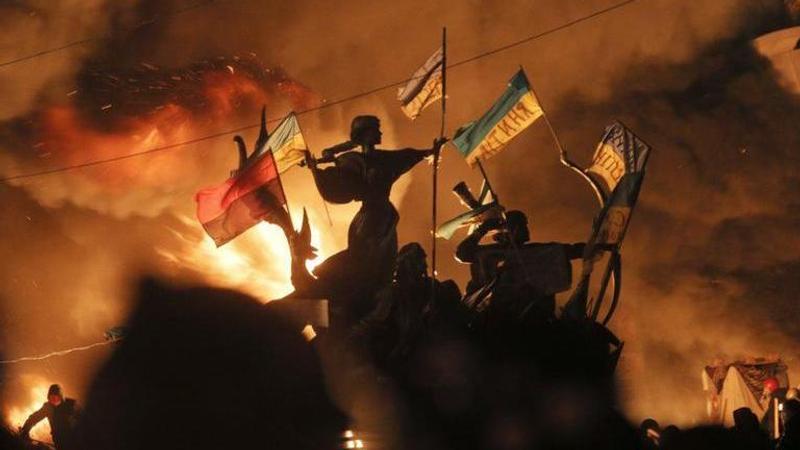Published 14:22 IST, March 12th 2022
Tied to Russia for centuries, modern Greece struggles to pick 'right side' in Ukraine war
When Greek PM Kyriakos Mitsotakis took the floor in the parliament debate on Ukraine this month, there was no doubt which side his government was taking.

When Greek Prime Minister Kyriakos Mitsotakis took the floor in the parliament debate on Ukraine this month, there was no doubt which side his government was taking in the conflict. “You are either with peace and international law or against them," he clarified to the lawmakers. His choice became more evident as his Centre-right administration sent two C-130 planes carrying military equipment to the Poland border to be supplied to Ukrainian troops. In addendum, Athens also sent tons of humanitarian succour to bolster the country’s resistance against the invaders.
While Mitosotakis announced that he was on the right side of history, the choice was not that clear for a majority of his compatriots who still hold Russophile views. Both Greece and Russia have been tied together for decades with the ex-Soviet State protecting the Hellenic Republic from regional rival Turkey. Their history dates back to the 19th century when Russia joined forces with UK and France to aid Greece in the naval battle of Navarino. While the war was far from over, the victory proved to be a cornerstone in Greece’s independence movement.
Apart from history, both the countries have an overwhelmingly Orthodox Christian population and unbreakable cultural ties. Another factor is shared mistrust towards the west which multiplied manifold as the Mediterranean country continued sinking in financial debt. Notably, there are Greeks, a small number of them, who believe that Putin is a ‘great leader.’
Speaking to VOA news Nikos Marantzidis, professor of Balkan, Slavic and Oriental Studies at the University of Macedonia said, “Greek public opinion has a Russophile dimension, friendly feelings linked to history, a common culture based on Orthodoxy and for some, mistrust towards the West."
Changing Narrative
However, the narrative has changed in recent weeks. In February, an airstrike near the now besieged city of Mariupol led to 10 Greek casualties while leaving six others critically injured. While Kremlin pinned the blame on Ukrainian troops, the Russia-Greek relationship was adversely affected. It is worth noting that the slain Greeks belonged to a historic community of over 100,000 that had been residing in Ukraine since the 18th century.
Earlier this week, the Russian Embassy in Athens expressed concern about "threats and insults" towards its nationals in Greece and called on the police to investigate. It later said that Greek politicians and media should "come to their senses" and should stop parroting "anti-Russian propaganda." Their statement has not been left without retaliation. Replying to the Russian embassy, the Greek Ministry of Foreign Affairs said that no one had the capability of "sowing dissent" amongst the Greeks.
Image: AP
Updated 14:22 IST, March 12th 2022




